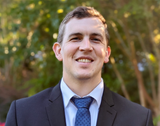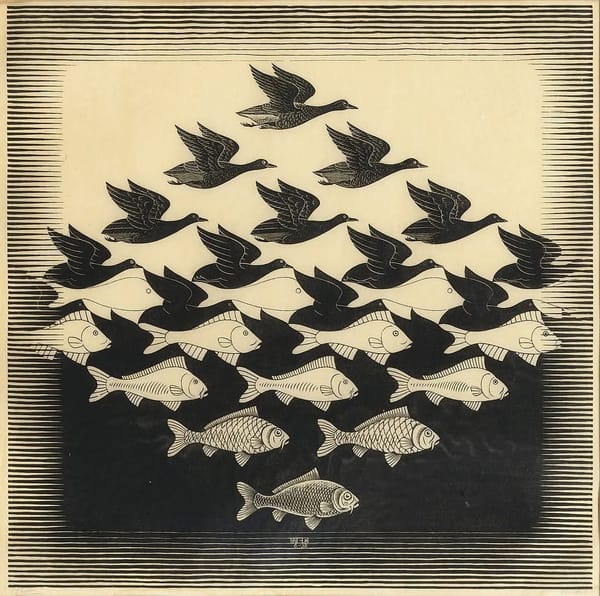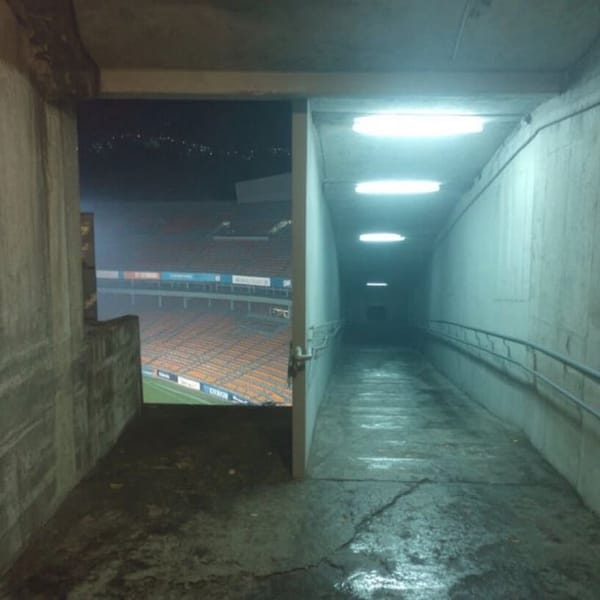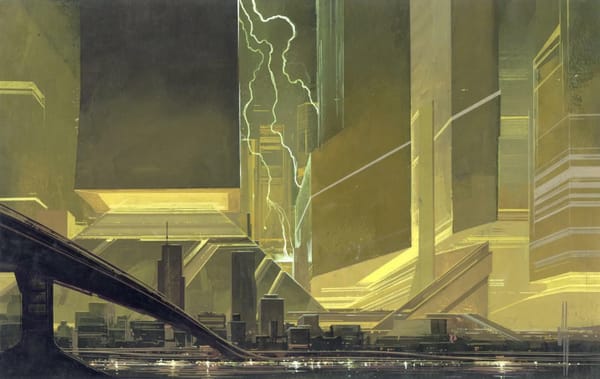Free v. will
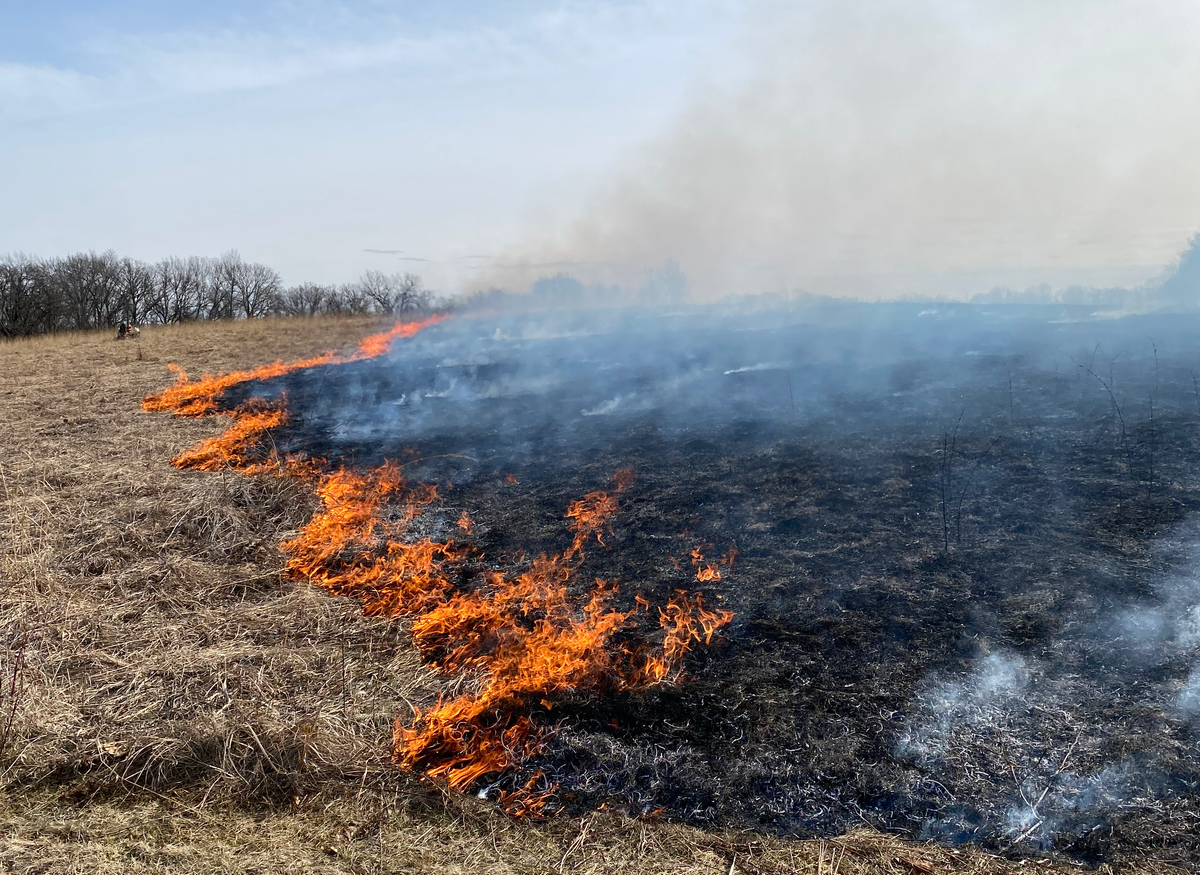
1.
Say you're an orb floating in space: a being of pure agency, freedom, choice. You can go wherever and manipulate matter. Your judgment gets no nudges from things like hunger or cultural norms. You don't have the baggage – the human past, the emotional machinery – of characters like Dr. Manhattan from Watchmen or Jobu from Everything Everywhere All At Once. No reason to be bored, sad, lonely, curious. What do you even do? With no chains to anything that would drive your behavior in the first place, why would you want to do anything? Your will is rendered inactive, inert, nonexistent, even in total freedom. Because of total freedom.
A second thought experiment. We add things, one by one. We put our orb down on a rock. We give it a body, populate the rock with similar bodies, and let them talk. With each addition to this former orb, it becomes less a thing of pure agency and more "Borg from Star Trek.” It becomes a tangled combo of overlapping, interconnected forces – predispositions in genes, trillions of gut bacteria, close relationships. From all these inputs it coordinates action, and precisely because of them, the question "what do you even do" becomes noticeably more answerable. The more enmeshed in a web of forces this former orb becomes – the more in-the-thick-of-things and locked into a flow state – the more this is true. In a flow state, one is maximally effective at what one is doing because one is maximally in sync with, responsive to, the forces around it. And so even as its behavior is increasingly determined by those forces, it increasingly has a will that it's exercising. As a physical thing in a physical space within a web of connections to people and things that matter to it, it's doing things, with ease, not needing to give its orb-self an orb-hernia contriving reasons to do them.
This tradeoff, this lever between freedom and will, is not the default cultural framing of the concept. The default framing is that there's a static box labeled will, and on the side of that box is a slider labeled freedom, and that slider has some fixed position that we debate. If someone like Robert Sapolsky or Daniel Dennett says our behavior is determined, people are liable to get uneasy. Here they are, moving the lever on this box called will all the way to the no freedom side. What becomes of our poor will? Under this new framing, that's not exactly what they're doing. What they're saying is: what if there's a new version of freedom we can unleash if we stop trying, like petulant children, to push the lever toward "freedom" so compulsively? What if acknowledging the places where our freedom is illusory, and where our unfreedom is real, actually moves the lever back toward "will" in a way that unleashes new, less naive, arguably more important types of freedom, even if counterintuitive and paradoxical ones?
2.
A prairie burn can keep an ecosystem healthy. A way of picking sweetgrass can make it grow back better, even if the scientists in charge of greenlighting the research to confirm this deny for years that this is biologically possible. (This happened in 2005.) "Destruction can be creation" – nowadays we're all wannabe contrarians, wanting to be seen as the type who can roll with a paradox like this, especially with the way the Internet works, with clickbait galore. "Ackshually, did you know that adding more lanes makes traffic worse?" While we love this in the abstract, we get uneasy when these things hit closer to home. We get uneasy when told "our behavior is determined" or "freedom and will fundamentally cannot coexist," even if acknowledging these truths makes us, in a tangible way, more free.
Notice what has happened, every other time in history, when we've come to understand ideas such as "witches aren't controlling the weather by casting spells, it's determined by physical forces." Notice what didn't happen here: the removal of all mystery, wonder, and human flourishing. Notice what did: a marked reduction in burning suspected witches at the stake for making crops fail. Or a marked rise in people planting crops in ways informed by the weather. More surviving, more thriving. People being "freed up," in other words, to do better stuff. A new type of freedom is uncovered, despite some human agency being removed from the equation.
There are more types of freedom than the one written on the "freedom" side of the lever. Who's going to defend the freedom to be effective, to make things happen, to exercise what limited human agency we have, in the physical spaces where we actually exist, even if our actions are determined? There's a multitude of true, fundamental, physical, biological, no-ifs-ands-or-buts aspects of our unfreedom; to cling to illusions that these don't exist just cages us further.
3.
"Hold on. If we can move between freedom and will, then why don't we have free will? Can't we hang out in the middle?" Well, for one thing, you don't actually want to sit in the middle. What kind of a life is that, never exercising will? More importantly, it's a moot point: you don't actually control the way you go back and forth between freedom and will. I'm just pointing out that you can do it. Free and will are like two sides of a coin, where both can't be face up; from this middle position, the best we can do is move toward "more free, less will" or "more will, less free," as conditions dictate. When you act, you lose freedom, and when you ponder, you lose will. As in quantum mechanics, you can't measure a particle's position and velocity at the same time, and not because of a flaw in our instruments, but because this is a fundamental fact of the universe. (I apologize to physicists and philosophers alike for even bringing that term in here; the burn scar of people misusing it is very wide. I specifically don't mean there are quantum effects on brain function. This is like thinking you'll spin the Earth too fast underneath you if you peel out in your driveway.) Linguistically, the term free will itself is trying to have its cake and eat it, too, in a world where it can't. Sorry not sorry. I don't make the rules.
The freedom side might be more accurately termed control, the way a smart thermostat has more control over a furnace than vice versa. But here's my point: people are culturally programmed to think that acknowledging the truth of determinism stops us from moving in that direction, when in fact, it allows us to; it frees us up from artificially clinging to that side in harmful ways, ways that stop us from exercising will. It enables healthier oscillation between the two sides, unveiling counterintuitive but arguably better types of freedom. We act like it would be a totally agency-empowering thing to insist we have a version of free will that we don't; it's the opposite. We act like it would be a totally agency-destroying thing to acknowledge that our psyches, in certain fundamental ways, are not free; it's the opposite.
Paradoxes exist. We shouldn't allow ourselves to explode or freeze like a robot in a cartoon when we hit ones we don't like. We have a higher type of control, if not a totally "free" type, that other beings don't have: it lets us notice paradoxes and also roll with them. It gives us the dual ability to build cultural blinders that bring us together and the ability to break them down, questioning them. The way to become more free and have more of a will, to explore the full range of the lever, to make better choices for ourselves, is to explore these freedoms, to keep getting a better picture of all the ones we have at our disposal. This means finding them, exercising them. We use them or we lose them.

